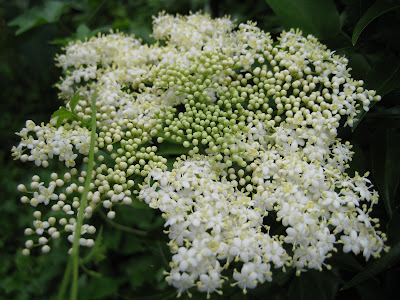INDETERMINATE, IIImmediately, I’d answer No to both questions.
No, I don’t want to know now exactly when I’ll die; nor would I want to know the cause of my death. Why?
Because I don’t want to be trapped in such a degree of fatalism. Simply knowing that I’ll die someday before I’m 120 years old is sufficiently deterministic for me. But it leaves me a lot of latitude for supposing and exploring many possibilities of how I might use the time remaining, however long or short.
True, though, facing a deadline does usually focus my mind and make me more productive, and it is likely that knowing exactly my checkout time would push me to be more efficient and effective in pursuing goals that were more sharply defined.
But that, I think, would make me too goal-oriented, always checking my watch and calendar and measuring my progress. I could never kid myself and go easy on myself saying, “Oh, well, I can do that later, I’ve plenty of time, so right now I’ll just relax and look into something new or fascinating that’s not on my agenda. Knowing just when I’d die would be too narrowing, too regulating, too stifling.
Knowing also what I’d die of would at least be frustrating since I’d know it was futile to try to prevent it: a car, a window, a boat, a disease—what will be, will be. “Born to be hanged, you’ll never be drowned,” an old saying goes. Yet, given Fate’s legendary taste for irony, I might think it perfectly safe to go boating and then find myself strangled by a halyard or a waterski tow rope.
At least, knowing the certain cause of my death would shut down part of the adventurous uncertainty, the open-ended possibility of my life: maybe this, maybe that, who knows?
It would be a psychological infringement on my freedom, and the sense of freedom and possibility is essential to my humanity.
But even if I were told when and how I’d die, what would make me believe it? I would “know” it, but would I trust the truth of that prediction? Might I not even try to prove the prediction wrong? Common human orneriness might just push me to do that, as well as a desire not to be controlled, not even by Fate.
At the least, certain and undeniable knowledge of this kind would limit my pleasures of imagining something other, or simply the pleasure I take in options and open-endedness. And that’s enough to make me decline the offer. Thanks, anyway.
*




























